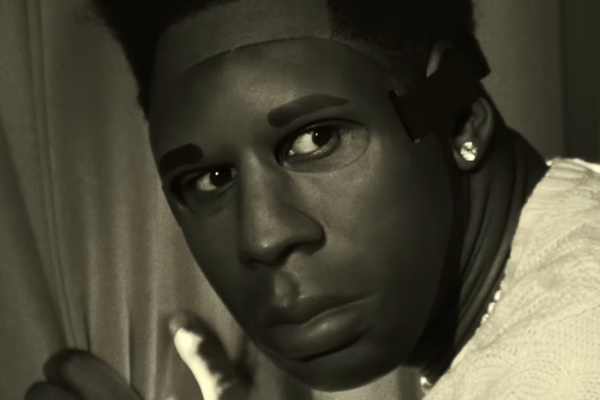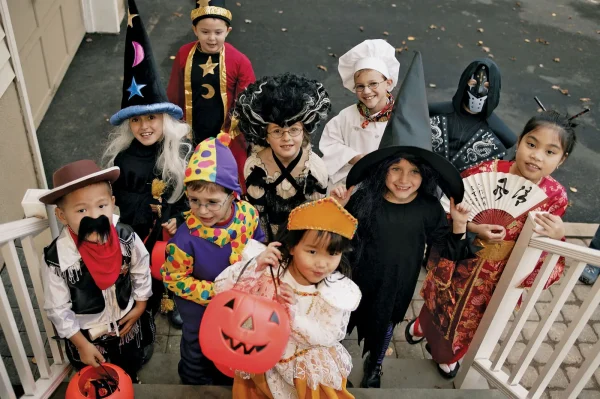Minority Holidays In School

Throughout the United States, public schools are centered around Christianity. Breaks and national holidays keep students out of school on Christian holidays, yet time off for other religious holidays are a rarity. Students who observe minority holidays are forced to take time off of school separate from other students.
For Jews, the most important holidays are Rosh Hashanah and Yom Kippur, referred to together as the “High Holidays.” These two holidays often occur in September, coinciding with the beginning of the school year for many students. In New York City, where there is a larger Jewish population, students may get days off for these holidays to attend services with their families, or observe however else they choose. For the average public student in Portland, however, this is not the reality. Nearby in the West Linn-Wilsonville school district, the first day of school for the 2021-2022 school year was designated to be Sept. 7, which this year was Rosh Hashanah. Although advocates and concerned families pushed back, the district claimed they couldn’t make decisions based on religion.
Holidays that many Muslim students observe, such as Eid al-Fitr and Ramadan, also may require school action, such as time off or accommodations for fasting. During Ramadan, which falls on the ninth month of the Islamic calendar, individuals fast from sunrise to sunset as a demonstration of spiritual discipline. Additionally, Eid al-Fitr, a celebration of the end of Ramadan, is often celebrated at home, away from school. The Seattle Times suggests teachers allow time and a safe space for students to pray, and provide alternative options for lunch, P.E. classes, and exams. The school system should apply these accommodations in order to create a safe and inclusive space for Muslim students.
Although individual teachers may be accommodating, schools’ Christo-centric systems burden students. Students are forced to explain to the administration why they are missing school and making up their work at a later time. As one public school representative, Laura Jane Cohen, told The Forward regarding school being held on Rosh Hashanah “…the real impact that our community is feeling today is that they feel othered. The real impact is that kids feel that they’re being punished for doing what their religion commands of them.” It is necessary for religious students to be able to practice and observe holidays without the stress of school; the current system does not allow for this.
The impact of this bigotry spans to our high school, Cleveland. One student stressed, “Our school implies that we’re inclusive to all students… but when it comes to religious holidays, it’s clear that in reality the system is bigoted.” The system’s bias not only makes students feel isolated but unfairly treated.
“When we miss school for holidays,” said another Jewish student, “it has the same effect in the system as being absent when you’re sick, and that’s how lots of teachers view it. But it’s not the same. Religious holidays aren’t a day when we can catch up on the school we’re missing–we are actively observing our religion.” The school system should do the work to accommodate students, not the other way around.
While we acknowledge that the majority of CHS students–and American students in general–celebrate Christian holidays, those for whom that is not the case don’t deserve to be punished. If school districts followed in NYC‘s steps and worked towards revising school calendars to accommodate religious and cultural holidays, or asked teachers to plan non-essential lessons for these days, it would lighten the burden on students who already face barriers due to religion. Especially taking into account previous inaction at Cleveland regarding antisemitism and racism, it is imperative that we as a community move forward with a reformed consciousness about how to best support our students.





